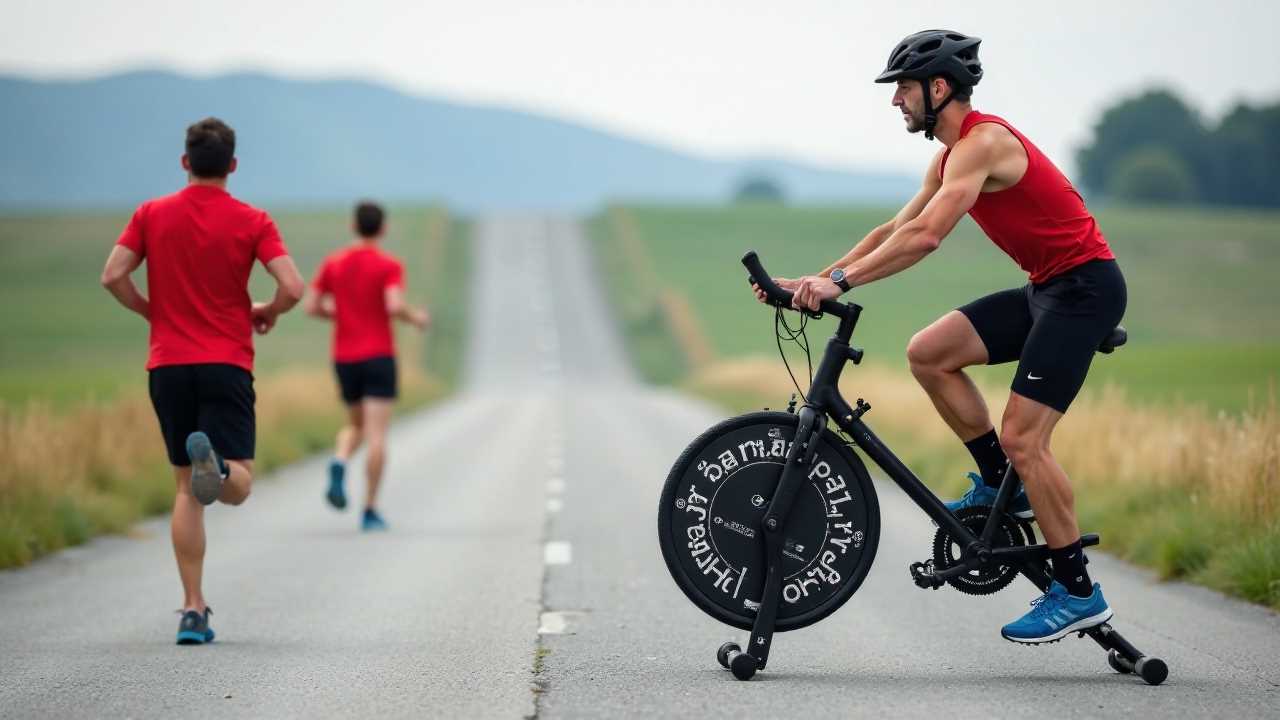
Understanding Marathon Runner Recovery Techniques
Marathon running is a demanding sport that pushes the limits of physical endurance. To perform at peak levels, athletes must prioritize recovery as much as training. The right marathon runner recovery techniques can significantly enhance performance, reduce the risk of injury, and promote overall well-being. This article will explore essential strategies focusing on rehabilitation, flexibility, cross-training, nutrition, biomechanics, and rest.
The Role of Rehabilitation in Recovery
Rehabilitation is a critical component of recovery for marathon runners. It involves structured programs designed to restore function and strength after injury. Effective rehabilitation should start as soon as possible following an injury, focusing on regaining mobility and strength.
Incorporating physical therapy can be highly beneficial. A trained therapist can assess the specific needs of the runner, providing tailored exercises that target weak areas. This personalized approach ensures that runners not only recover but also strengthen their bodies to prevent future injuries.
Strength training is another vital aspect of rehabilitation. By focusing on building muscle strength, runners can improve their overall performance and reduce the likelihood of injuries. Exercises that target the core, hips, and legs are particularly beneficial, as these areas are crucial for maintaining proper running form.
Flexibility: The Key to Injury Prevention
Flexibility is often overlooked but plays a significant role in a runner's recovery process. Stretching exercises can improve range of motion, enhance performance, and reduce the risk of injuries. Incorporating a regular stretching routine into your training regimen can lead to better overall flexibility.
Dynamic stretching before runs warms up the muscles and prepares them for the activity ahead. Post-run static stretching helps to cool down the muscles and maintain flexibility. Focus on key muscle groups such as the hamstrings, quadriceps, calves, and hip flexors.
Yoga and Pilates are excellent complementary practices that enhance flexibility and core strength. These disciplines promote body awareness and balance, which are essential for maintaining proper biomechanics during running.
Cross-Training: A Balanced Approach to Recovery
Cross-training is an effective way to enhance recovery while maintaining fitness levels. Engaging in different forms of exercise can help prevent overuse injuries and provide a mental break from the rigors of marathon training.
Low-impact activities such as swimming, cycling, or rowing allow runners to maintain cardiovascular fitness without the stress of running. These activities work different muscle groups, promoting overall strength and flexibility.
Incorporating strength training into your cross-training routine can also be beneficial. Focus on exercises that enhance the muscles used in running, such as squats, lunges, and deadlifts. This balanced approach not only aids recovery but also prepares the body for the demands of marathon running.
The Importance of Nutrition in Recovery
Nutrition plays a pivotal role in the recovery process. Proper fueling before, during, and after runs ensures that the body has the necessary nutrients to repair and rebuild.
Carbohydrates are essential for replenishing glycogen stores depleted during long runs. Consuming a mix of complex carbohydrates, such as whole grains, fruits, and vegetables, can provide sustained energy.
Protein is crucial for muscle repair and recovery. Including lean protein sources such as chicken, fish, beans, and legumes in your diet can support muscle recovery. Aim for a post-run meal that combines carbohydrates and protein to optimize recovery.
Hydration is equally important. Dehydration can lead to fatigue and hinder recovery. Runners should aim to drink water consistently throughout the day and consider electrolyte-rich drinks during long runs to maintain hydration levels.
Biomechanics: Understanding Movement for Better Recovery
Biomechanics is the study of movement and its impact on the body. Understanding your unique biomechanics can help identify areas of improvement and reduce the risk of injury.
Analyzing running form can reveal inefficiencies that may lead to injuries. Consider working with a coach or using technology to assess your gait. Small adjustments to your form can lead to significant improvements in performance and recovery.
Footwear also plays a crucial role in biomechanics. Choosing the right shoes that fit well and provide adequate support can help prevent injuries. Runners should consider their foot type and running style when selecting footwear.
The Power of Rest in Recovery
Rest is often underestimated in the recovery process. Allowing the body time to recover is essential for muscle repair and overall performance.
Incorporating rest days into your training schedule is vital. These days allow the body to heal and adapt to the stresses of training. Active recovery, such as light walking or gentle yoga, can also promote blood flow and aid recovery.
Listening to your body is key. If you feel fatigued or experience pain, it may be time to take a break. Prioritizing rest can prevent burnout and injuries, ensuring that you are ready to tackle your next training session.
Mastering marathon runner recovery techniques is essential for achieving peak performance and preventing injuries. By focusing on rehabilitation, flexibility, cross-training, nutrition, biomechanics, and rest, runners can enhance their recovery process and improve their overall running experience. Implementing these strategies will not only help in recovery but also contribute to long-term success in marathon running.
 Mobility trainingHome Fitness RecoverySports Injury PreventionPersonal Physical TherapyOrthopedic SolutionsPrivacy PolicyTerms And Conditions
Mobility trainingHome Fitness RecoverySports Injury PreventionPersonal Physical TherapyOrthopedic SolutionsPrivacy PolicyTerms And Conditions
